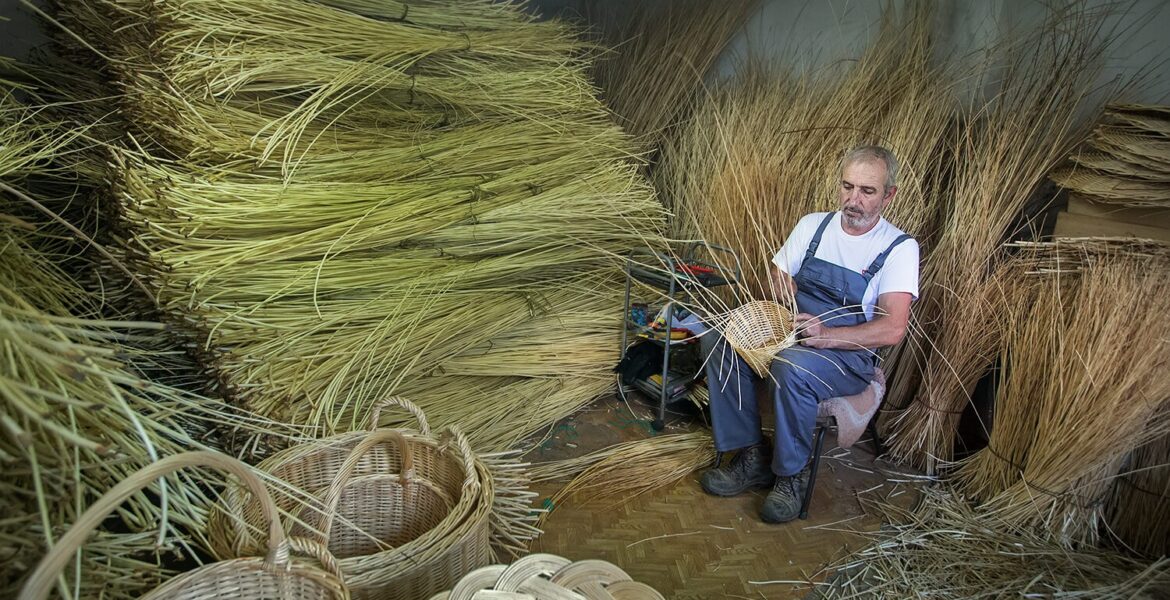In a small village in Western Macedonia, basket-making still survives.
Since the beginning of mankind, people has always needed to carry and store anything they needed to use at any moment and time easily and quickly. And what better storage medium than the historical basket?
Today, plastic tapers have suffocatingly dominated kitchens, pantries and cupboards. Handmade woven baskets will always hold a special place in our memories and hearts because they are creations of human hands that require design, imagination, and creativity.
Photographed thousands of times and linked to memories from childhood in the village, Greek baskets were for decades the number one household and professional item that was more than necessary for everyday life.
Beekeepers requested special straw hives for the bees, cheesemakers wanted lots of cheese vats for ripening the cheeses, vintners were constantly ordering straw covering for the damages, and housewives were looking for baskets for bread, fruits and eggs.
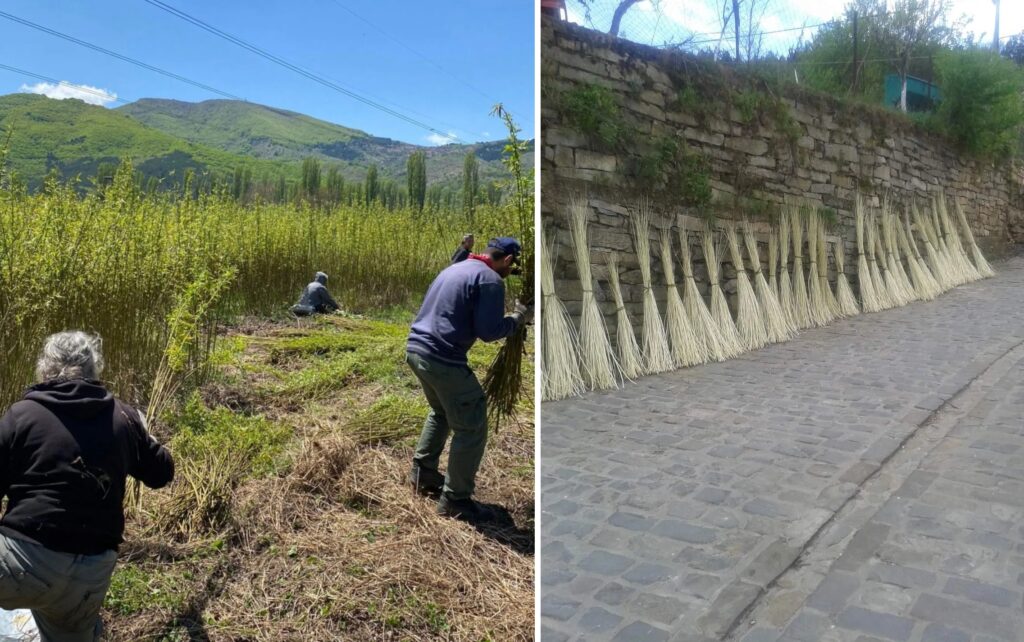
From the islands of the Aegean to the mountain villages of Pindos, basket weaving or basket-making - the difficult art of creating a basket from uncut hard rods - developed in many regions of Greece, leaving a huge and indelible imprint on the local tradition of each region that characterised entire generations.
An imprint that -unknown for how much longer- is maintained today with several difficulties, fluctuations and challenges in several corners of Greece - from Evros to Crete.
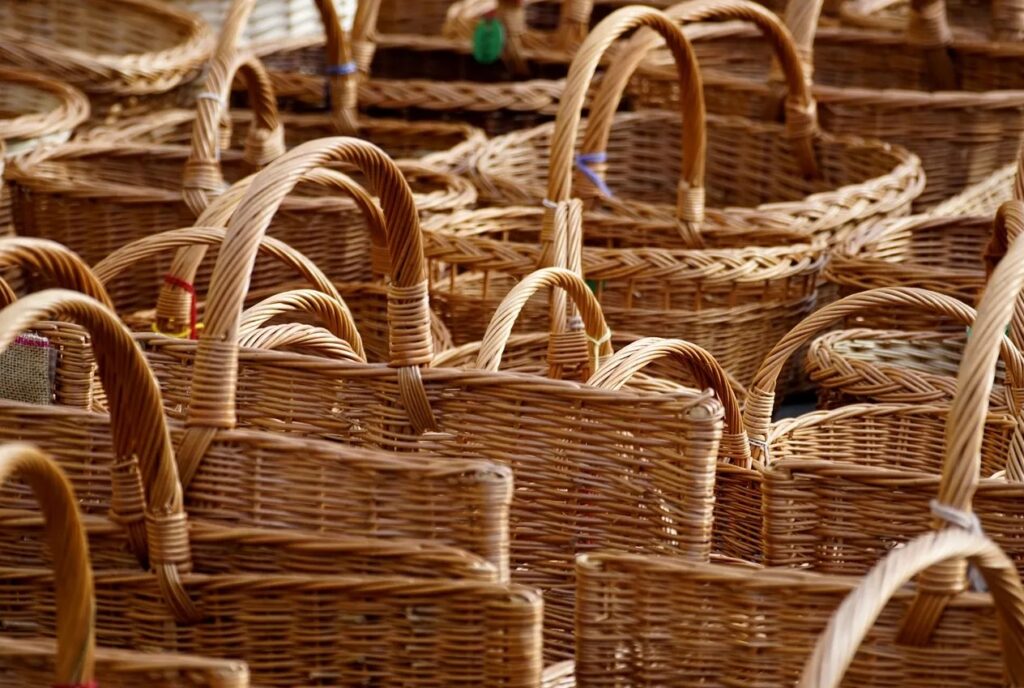
Looking for traces of basket weaving, we found ourselves in Variko, Florina, a small village in Western Macedonia famous for its very important basket-weaving tradition.
We had the opportunity to speak with Mr Thanasis, a professional basket weaver and member of a family of basket makers, who told us about Florina's local basket-weaving tradition and explained everything we needed to know about the art, which is declining year by year.
"I have been working as a basket maker since I was a small child, as my father has been actively practising the profession for twenty years," Mr Thanasis tells us when we asked him what his relationship is with basket weaving and how many years he has been involved in the profession.
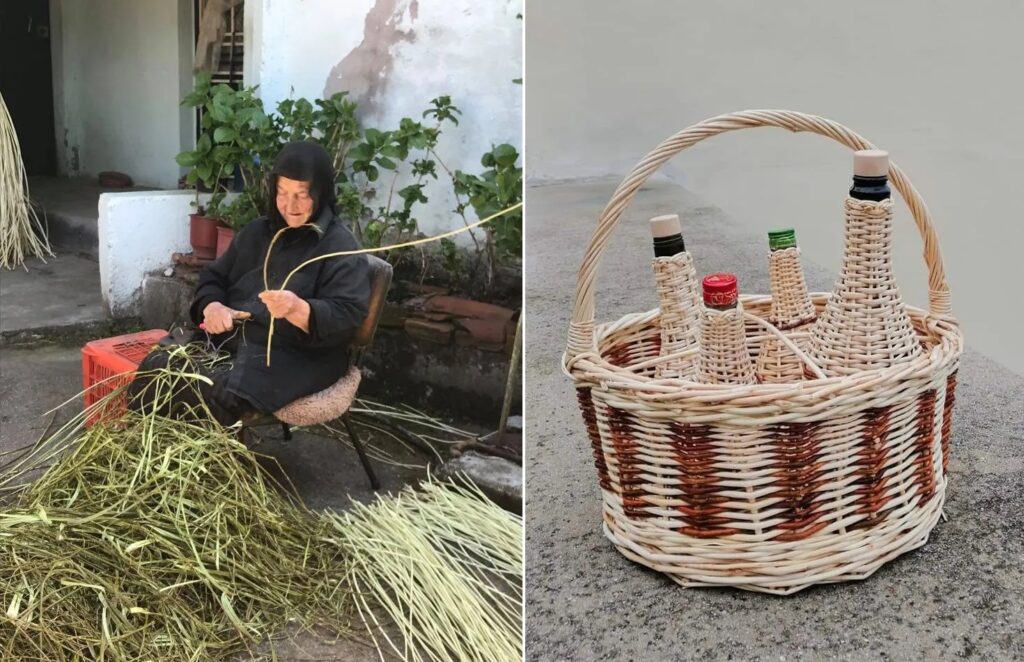
"What is it that makes the baskets of Variko stand out compared to baskets from other regions of Greece?" I ask Mr. Thanasis.
"Varikosbaskets stand out because of the raw material, willow or white willow, which we grow in our fields. It is harvested in May, where we peel it, as a result of which the baskets are durable and very strong in their construction", answers Mr Thanasis.
“And in all this, what are the problems facing the industry?” I ask.
Mr Thanasis answers: "We have to deal with cheap imported baskets, the state itself which imposes a 24% VAT on the basket's price, thus raising its price and making it more difficult to sell. The state treats us as traders and not as homemakers who cultivate and process their agricultural products, resulting in increased insurance contributions. Also, we have the pretentious end. All this makes the profession go through difficulties", Mr. Thanasis emphasises, among other things.
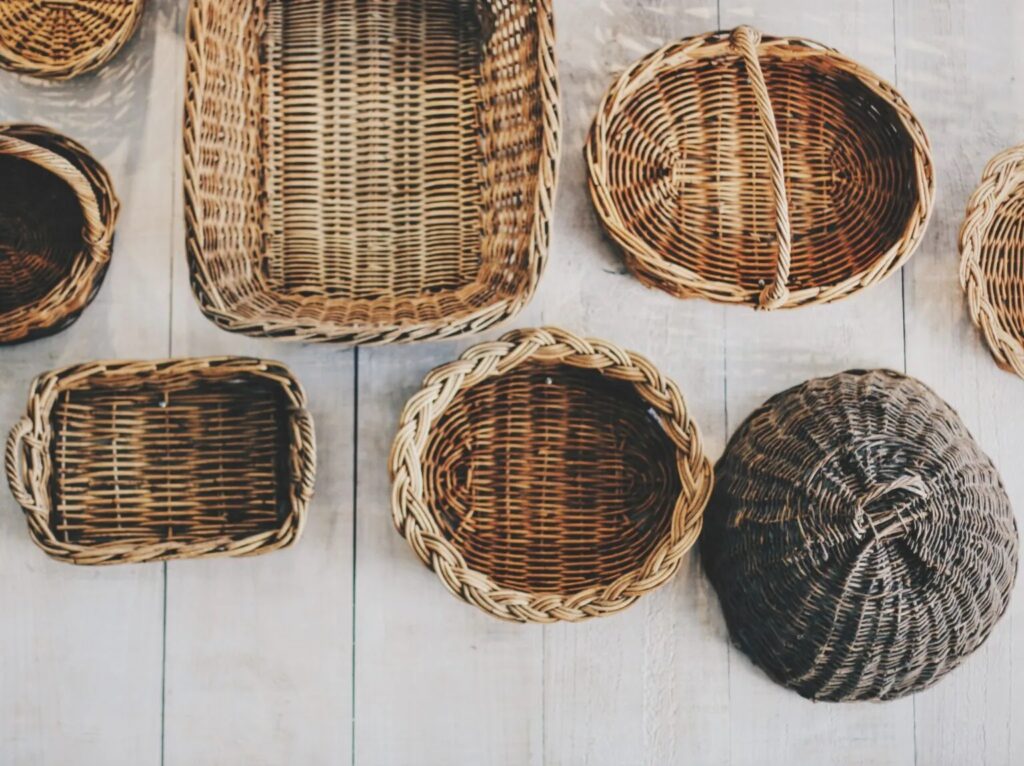
"Are there new people who want to get involved in the profession?" I ask. "There is no young person who wants to work in the profession. If there were, I would emphasise the above to them, but also how difficult it is to learn the art of basket making, which requires a lot of patience and many hours of practicing," said Mr Thanasis.
Yianni Koutroudi is a columnist for Travel.

